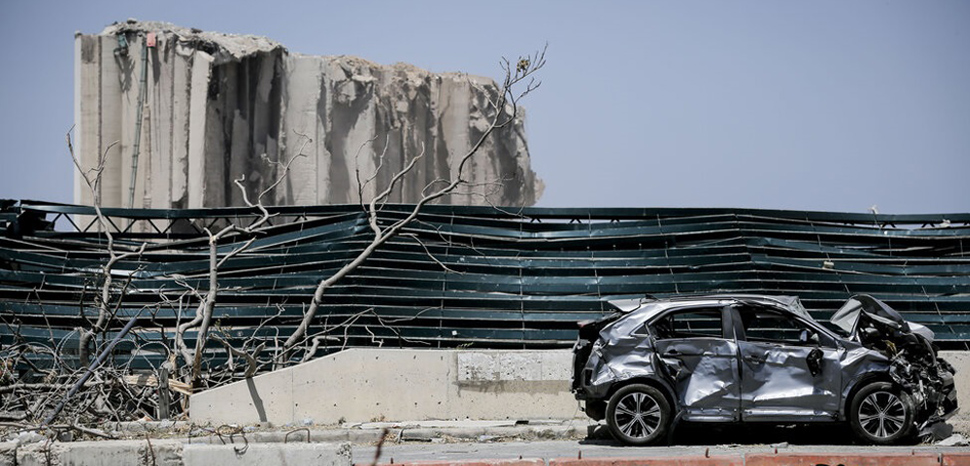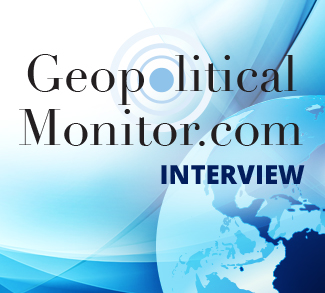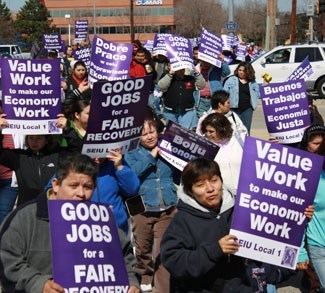In 2008, the Beirut Stock Exchange grew by 51%, the best performing exchange in the world at the time. Despite significant conflict in 2006 with Israel, the Lebanese economy was able to grow by at least 8% during the peak years of the global financial crisis. This was followed by a period of stable growth from 2011-2017. However, Lebanon’s economic fortune started to change. High government debt, a devalued currency, and an overreliance on exports put the Lebanese economy in an unstable position. As the country turns 100, a restructuring of the country’s economy is the birthday gift the citizens desperately need.
Lebanon has the third highest debt-to-GDP ratio in the world. Due to this tremendous burden, the government is forced to spend approximately half of domestic revenue on interest payments. When government revenues decrease, leaders turn to printing money and increasing taxes as the next best solution. Since the Lebanese pound is fixed to the US dollar, the government opted to create new taxes, such as a tax on voice messages. This was immediately rejected by the general population. These add-on taxes became a key driver of the current protests.
Protesters have taken to the street since 2019, demanding resignation of corrupt leadership and a need for political and economic reform. The explosions on August 4th proved to be the tipping point, leading to the resignation of many senior officials in the government. New leadership is a positive step, but economic reform is perhaps the most important tool to create a stable future. IMF Managing Director, Kristalina Georgieva, proposed four key reforms the country must take to recover from the current economic crisis. The future of the country depends on the government’s execution of these policies, with support from the international community.
“First, restore the solvency of public finances and the soundness of the financial system.”
Transparency is needed to account for government revenue, as well as missing funds from Banque du Liban, the country’s central bank. Additionally, a tax policy that is more progressive and does not exacerbate the already depleted purchasing power of many citizens is a better solution. Georgieva echoed the sentiment by highlighting this rampant inequality: “those who benefitted from past excessive returns need to share the burden of bank recapitalization, to protect the life savings of the vast majority of ordinary Lebanese depositors.”
“Second, put in place temporary safeguards to avoid continued capital outflows.”
Increasing economic and political instability has made capital flight a serious risk in Lebanon. Capital flight mixed with overall poor macroeconomic conditions have driven the pegged ratio of 1,500 pounds to the dollar as high as 8,700 per dollar. Although the cost of purchasing a shawarma is now highly inflated in pounds, those using US dollars will actually pay less. Under pressure from the central bank, Lebanese banks started to impose withdrawal limits last year. Restrictions on capital outflows can help, but a plan to increase capital inflows will be important in revitalizing the pound. A political outcome that is desired by the citizens of Lebanon should not be overlooked. Political stability will not only help curtail capital flight but will also increase foreign investment. Foreign investment is crucial as Lebanon already suffers from a huge trade deficit, importing six times more than it exports. Having an increase of USD inflow will help stabilize the pound against the dollar on the black market.
“Third, upfront steps to reduce the protracted losses in many state-owned enterprises.”
When French President Emmanuel Macron came to the streets of Beirut to view the carnage from the blasts, protesters voiced the need for immediate political reform. “Give the money to NGOs, give the money to the people in need, do not give it to the president,” said one protester who had a chance to speak to the French president. Lebanon ranks 137th in the world in transparency out of 180 countries. In addition to political reforms and a new government, Georgieva pushed for monitoring of the central bank. The bank has been accused of falsifying assets to reduce the perceived levels of debt. Comprehensive audits of the bank’s activities should be prioritized to protect deterioration of the Lebanese pound. While Macron was able to raise nearly $300 million after the blasts, donors vowed to put the money directly in the hands of the Lebanese people, signaling a clear distrust of the Lebanese government’s ability to responsibly distribute wealth.
“Finally, an expanded social safety net has to be in place to protect the most vulnerable people.”
The combination of reduced government revenues and corruption has left little room in Lebanon for social safety nets. High unemployment and low wages have further contributed to inequality. Reforms that benefit all of Lebanon’s citizens, not just the wealthy and connected, will be crucial in addressing social unrest and economic inequality. Particular attention should be paid to education, which is significantly underfunded compared to other countries in the region.
Political corruption and conflict with Israel have been perceived as the dominant challenges facing the country. But economic reform may be the most salient issue when assessing Lebanon’s future. The Syrian civil war put additional strain on the economy, displacing 1.5 million refugees into Lebanon, or one refugee for every four nationals. Overall, declining economic conditions mixed with political instability have resulted in many Lebanese leaving the country, especially those with the economic means to do so. This exodus of citizens along with increased transfers abroad has left Lebanon’s economy with little to work with going forward.
Georgieva concluded her four points by stating, “commitment to these reforms will unlock billions of dollars for the benefit of the Lebanese people. This is the moment for the country’s policymakers to act decisively. We stand ready to help.” In 2018, countries pledged $11 billion to Lebanon to rebuild the economy. The loans were contingent on the government executing reforms, which has yet to happen. Lebanon has a long path to political and economic stability, but unlike some countries in crisis, at least it has the support of the international community. Whether or not it makes use of this support remains to be seen.
The views expressed in this article are those of the authors alone and do not necessarily reflect those of Geopoliticalmonitor.com or any institutions with which the authors are associated.




